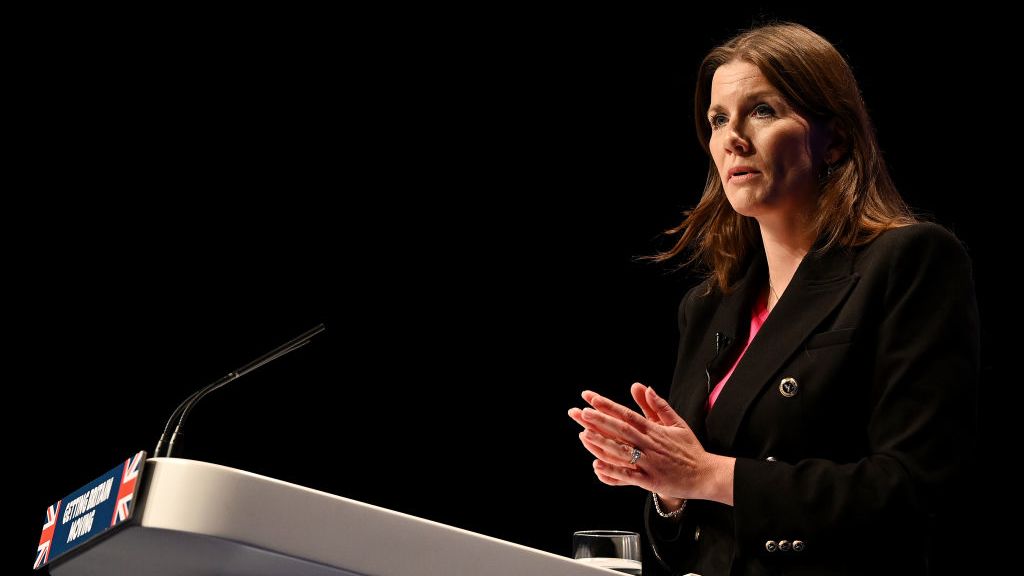Google web initiative aims to walk the line between privacy and advertising
Company claims a compromise must be struck to retain a free and open internet


Google has said it is working on new tools that aim to increase user privacy while also offering a means for advertisers to access meaningful data, in a bid to appeal to both sides.
It's a conflict of interests that has steadily escalated with the rise of more advanced web tracking techniques to deliver targeted adverts to users, although Google's proposal aims to strike a perfect balance between privacy and the ability for free access to the web.
It proposes what it calls a "privacy budget" which would involve web browsers allowing sites to make API calls to gather enough data to place a user into an advertising bracket, but not too many that it ends up leading to the deanonymisation of the user.
"After that, any further attempts to call APIs that would reveal information will cause the browser to intervene and block further calls," said Justin Schuh, director of Chrome engineering.
The proposal forms part of Google's Privacy Sandbox, a collection of explainers on the various topics Google hopes to seek community feedback on.
Privacy Sandbox is still in the embryonic planning stages at the moment and Google has early ideas for what it could end up being, but stresses it will require a great deal of industry collaboration to achieve its goals.
One such area being reviewed is the restrictive blocking of cookies, which some browsers are implementing already. While the attempts to block cookies and ultimately user fingerprinting are made in good faith, it fails to comprehensively address the issues and actually presents further problems to other industries.
Sign up today and you will receive a free copy of our Future Focus 2025 report - the leading guidance on AI, cybersecurity and other IT challenges as per 700+ senior executives
One of those industries is publishing, which relies on cookies and, therefore, targeted ads to generate revenue and continue to operate free access to current events.
"Many publishers have been able to continue to invest in freely accessible content because they can be confident that their advertising will fund their costs," said Schuh. 'If this funding is cut, we are concerned that we will see much less accessible content for everyone. Recent studies have shown that when advertising is made less relevant by removing cookies, funding for publishers falls by 52% on average."
Unlike cookies, users can't clear this method of fingerprinting, which is why a new set of internet standards is needed for all needs to be satisfied, according to Google.
"Because fingerprinting is neither transparent nor under the user's control, it results in tracking that doesn't respect user choice," said Google back at its I/O conference in May 2019. "This is why Chrome plans to more aggressively restrict fingerprinting across the web.
"One way in which we'll be doing this is reducing the ways in which browsers can be passively fingerprinted, so that we can detect and intervene against active fingerprinting efforts as they happen."
Google is welcoming input from anyone and everyone to help advance its initiative, including publishers, advertisers, other browsers and privacy-minded web users.
"We believe that we must solve these problems together to ensure that the incredible benefits of the open, accessible web continue into the next generation of the internet," said Schuh.

Connor Jones has been at the forefront of global cyber security news coverage for the past few years, breaking developments on major stories such as LockBit’s ransomware attack on Royal Mail International, and many others. He has also made sporadic appearances on the ITPro Podcast discussing topics from home desk setups all the way to hacking systems using prosthetic limbs. He has a master’s degree in Magazine Journalism from the University of Sheffield, and has previously written for the likes of Red Bull Esports and UNILAD tech during his career that started in 2015.
-
 Three things you need to know about the EU Data Act ahead of this week's big compliance deadline
Three things you need to know about the EU Data Act ahead of this week's big compliance deadlineNews A host of key provisions in the EU Data Act will come into effect on 12 September, and there’s a lot for businesses to unpack.
-
 UK financial services firms are scrambling to comply with DORA regulations
UK financial services firms are scrambling to comply with DORA regulationsNews Lack of prioritization and tight implementation schedules mean many aren’t compliant
-
 What the US-China chip war means for the tech industry
What the US-China chip war means for the tech industryIn-depth With China and the West at loggerheads over semiconductors, how will this conflict reshape the tech supply chain?
-
 Former TSB CIO fined £81,000 for botched IT migration
Former TSB CIO fined £81,000 for botched IT migrationNews It’s the first penalty imposed on an individual involved in the infamous migration project
-
 Microsoft, AWS face CMA probe amid competition concerns
Microsoft, AWS face CMA probe amid competition concernsNews UK businesses could face higher fees and limited options due to hyperscaler dominance of the cloud market
-
 Online Safety Bill: Why is Ofcom being thrown under the bus?
Online Safety Bill: Why is Ofcom being thrown under the bus?Opinion The UK government has handed Ofcom an impossible mission, with the thinly spread regulator being set up to fail
-
 Can regulation shape cryptocurrencies into useful business assets?
Can regulation shape cryptocurrencies into useful business assets?In-depth Although the likes of Bitcoin may never stabilise, legitimising the crypto market could, in turn, pave the way for more widespread blockchain adoption
-
 UK gov urged to ease "tremendous" and 'unfair' costs placed on mobile network operators
UK gov urged to ease "tremendous" and 'unfair' costs placed on mobile network operatorsNews Annual licence fees, Huawei removal costs, and social media network usage were all highlighted as detrimental to telco success

